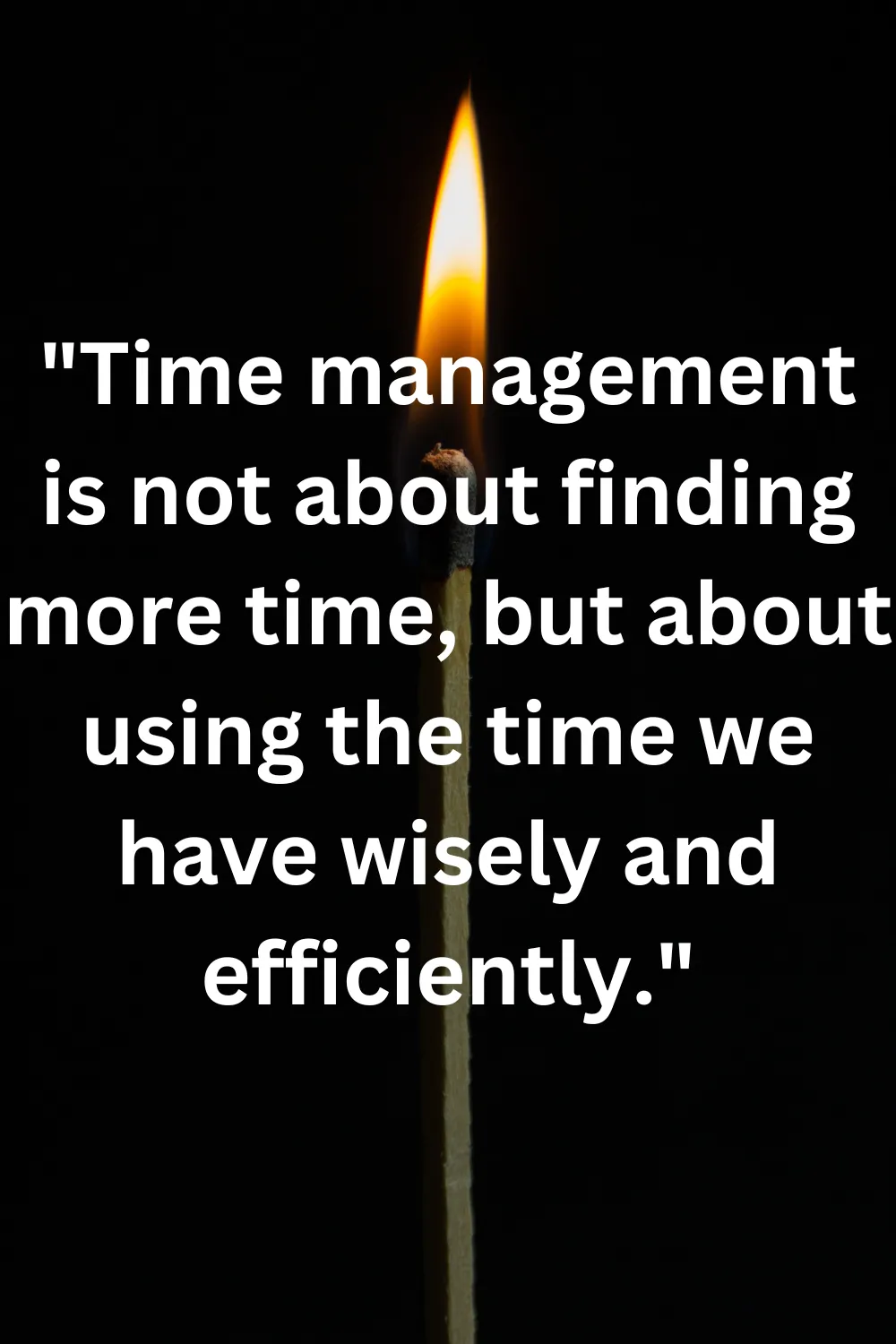Discover the truth: age is just a number! Uncover the joys and challenges of being a new mom at 41 old. Read our eye-opening insights now!
Table of Contents
In a world where women are defying societal expectations and redefining traditional notions of motherhood, there is an ongoing debate surrounding the ideal age for giving birth.
As medical advancements continue to offer hopeful possibilities, more and more women are finding themselves contemplating whether they should embark on the journey of becoming a new mom later in life.
And at 41 years old, I find myself standing at a crossroads, grappling with this very question: am I too old to be a new mom again?
This is not just another story; it is my reality, filled with doubts, fears, and hope as I navigate the uncharted waters of late motherhood.
The Decision to Have Another Child at 41
Having a child at 41 is a decision that comes with its own set of considerations and challenges.
As an older mom, one may wonder about the physical demands of pregnancy and giving birth at this age.
There can be concerns regarding the increased risk of complications such as gestational diabetes, high blood pressure, or genetic abnormalities in the baby.
Additionally, there may be worries about having enough energy to keep up with a young child while also dealing with the natural effects of aging on one’s body.
On the other hand, being an older parent also brings certain advantages and wisdom.
Having had previous parenting experience, individuals may feel more confident in their abilities to handle the responsibilities and demands of raising another child.
They may have established careers or financial stability that can provide a secure environment for their family.
Moreover, older parents often bring a level of maturity and patience that can positively impact their parenting style.
Ultimately, deciding to have another child at 41 involves weighing these factors along with personal desires and circumstances.
It is essential to consult with healthcare providers and consider any potential risks before embarking on this journey towards expanding one’s family later in life.
Society’s Expectations and Judgments
Society’s expectations and judgments surrounding age and motherhood can be incredibly harsh and unforgiving.
The idea that a woman is ‘too old’ to be a new mom again at 41 reflects the deeply ingrained societal norms and expectations that dictate when women should start or stop having children.
These expectations often fail to consider individual circumstances, desires, and capabilities.
Age is just one factor among many that should be considered when deciding whether or not to have a child.
It is important to remember that each person’s journey is unique, and what may work for one individual may not apply to another.
While there are some biological risks associated with getting pregnant later in life, advancements in medical technology have made it possible for older women to conceive through various means such as IVF or surrogacy.
It is crucial for society to move away from judgmental attitudes towards women who choose to become mothers later in life. Instead of focusing on age as a limiting factor, we should celebrate the diversity of paths that lead individuals towards motherhood, regardless of their age.
Ultimately, it is the love and dedication a parent gives to their child that truly matters – not society’s narrow expectations or judgments based solely on age.
The Physical Challenges of Pregnancy at 41
Being pregnant at the age of 41 can present various physical challenges that may not be as prevalent in younger pregnancies.
One of the main concerns is an increased risk of complications, such as gestational diabetes and high blood pressure.
These conditions can put both the mother and baby at risk and require close monitoring throughout the pregnancy.
Additionally, older women may experience more fatigue and discomfort due to their bodies being less resilient than those of younger women.
Furthermore, maintaining a healthy weight during pregnancy becomes more challenging for women in their 40s.
The metabolism slows down with age, making it easier to gain excess weight during pregnancy.
This can lead to added strain on the joints and increase discomfort for the expectant mother.
It is crucial for older pregnant women to focus on proper nutrition and exercise under medical guidance to ensure a healthy pregnancy.
In conclusion, while being pregnant at 41 is possible, it does come with unique physical challenges compared to younger pregnancies.
However, with proper care from healthcare professionals and adopting a healthy lifestyle, these challenges can be managed effectively, allowing older mothers-to-be to have a safe and successful pregnancy journey.
Emotional Considerations of Being an Older Mother
Being an older mother comes with its own set of emotional considerations. One of the main concerns is the fear of not being able to keep up with the physical demands of parenting as one gets older.
Many older mothers worry about having enough energy and stamina to chase after a young child, to stay up late for night feedings, or to engage in physically demanding activities like playing sports or going on adventures.
Another emotional consideration is the concern about having enough time with their child.
As an older mother, there may be worries about not being able to be there for all the milestones and experiences that a younger parent might have.
There may also be concerns about potentially missing out on years spent together due to age-related health issues or even mortality.
Furthermore, societal judgments and stereotypes can take a toll on the emotions of older mothers.
They might feel judged by others who question their decision to have children later in life or face criticism for not conforming to societal norms.
This can lead to feelings of insecurity, self-doubt, or even guilt for choosing a different path than what is commonly expected.
Overall, while being an older mother can bring unique joys and experiences, it also brings emotional considerations that need careful reflection and support from loved ones.
Financial and Practical Factors to Consider
Financial and practical factors play a crucial role when considering becoming a new mom at the age of 41.
Firstly, it is essential to assess the financial implications that come with having a child later in life.
This includes evaluating existing financial stability, such as having secure employment or adequate savings to provide for both present and future needs of the child.
Additionally, it is important to consider potential medical expenses associated with pregnancy at an older age, as well as ensuring sufficient health insurance coverage.
On the practical side, one must realistically evaluate their physical capabilities and energy levels at this stage in life.
Being an older parent may require extra support systems in place to manage the demands of parenting while also taking care of oneself.
It is crucial to consider whether there are reliable networks available, such as family or friends who can assist with childcare responsibilities if needed.
Moreover, contemplating the impact on existing family dynamics should be taken into account since introducing a new member might have various effects on siblings and partners.
Ultimately, making an informed decision about becoming a new mom again at 41 requires careful analysis of financial stability and practical considerations relating to physical capabilities and support systems available.
While age alone does not determine one’s ability to be a great parent, it is vital that individuals thoroughly weigh these factors before embarking on this journey later in life.
Seeking Support and Encouragement from Others
As a woman in her 40s, contemplating becoming a new mom again can be daunting.
One might question if they are too old to start this journey anew and if their age will hinder their ability to provide the necessary support for their child.
Seeking support and encouragement from others during this time is crucial in alleviating these doubts and anxieties.
Connecting with other women who have experienced motherhood at a similar age can provide reassurance that being an older mom is not only possible but also rewarding.
Furthermore, seeking support from family and friends can help alleviate concerns about physical stamina and energy levels that may arise as one gets older.
Loved ones can offer practical assistance during pregnancy and after the baby is born, allowing the expectant mother to focus on her own well-being and nurturing her child.
Their words of encouragement can help instill confidence in her ability to meet the demands of motherhood at any age.
In conclusion, while embarking on the journey of becoming a new mom again at an older age may come with its own set of challenges, seeking support and encouragement from others is essential.
By connecting with fellow mothers who have had similar experiences or turning to loved ones for assistance, women can find solace in knowing they are not alone in their worries or fears.
The uplifting words and practical aid offered by others can help them embrace this new chapter in life with confidence and joy.
Conclusion: Age is just a number; embrace motherhood!
In a society that often places an emphasis on youth and the ideal age for motherhood, it is important to challenge these preconceived notions and embrace the idea that age is just a number when it comes to becoming a mother.
As a 41-year-old woman who is pregnant, I have found myself questioning whether or not I am too old to embark on this journey once again.
However, after much thought and consideration, I have come to the conclusion that age should not define our ability to be great mothers.
While it is true that there may be certain challenges that come with being an older mom, such as potential health risks or concerns about having enough energy to keep up with a child, it is important to remember that every individual’s experience will be unique.
Age can also bring wisdom and life experience that can greatly benefit both the mother and the child.
Additionally, there are plenty of resources available today, such as advanced medical technologies and support networks for older mothers, which can help mitigate any potential challenges.
Ultimately, what matters most in motherhood is love, commitment, and dedication.
Whether you become a mother at 25 or 45 years old should not determine your worthiness or ability to provide a nurturing environment for your child.
As long as we approach motherhood with an open heart and mind, embracing our own individual journeys regardless of age becomes an empowering choice.
So let us celebrate all women who choose the path of motherhood no matter their age because being a mom knows no boundaries!
FAQ:
1. Is it common for women in their 40s to become pregnant?
Yes, it is becoming increasingly common for women in their 40s to become pregnant, thanks to advancements in fertility treatments and changing societal norms.
2. Are there any risks associated with pregnancy at this age?
While the risks may be slightly higher compared to younger women, with proper prenatal care and a healthy lifestyle, many women in their 40s have successful pregnancies.
3. Will my age affect the health of my baby?
Your age alone does not determine the health of your baby. Regular check-ups and following your healthcare provider’s advice can help ensure a healthy pregnancy and delivery.
4. What are the chances of having a child with a genetic disorder at this age?
The risk of certain genetic disorders increases as you get older, but various screening tests are available to assess your baby’s risk accurately and make informed decisions about further testing or treatment.
5. Should I be concerned about my energy levels during pregnancy at this age?
Pregnancy can be physically demanding regardless of your age. It’s important to prioritize self-care, including proper rest, nutrition, and exercise tailored to your abilities.
6. How will being an older mom affect me emotionally?
Emotional experiences differ for every woman, but many find joy and fulfillment in becoming a mother later in life. Building a support network and seeking emotional support if needed can positively impact your journey.
7. Are there any benefits to having children later in life?
Having children later in life often means greater financial stability, emotional maturity, and life experience—all factors that can contribute positively to parenting.
8. How do I address concerns from family or friends about my decision to have another child at this age?
Remember that this is ultimately your decision as an individual or couple. Open communication and sharing your reasons for wanting another child can help others understand and respect your choice.










